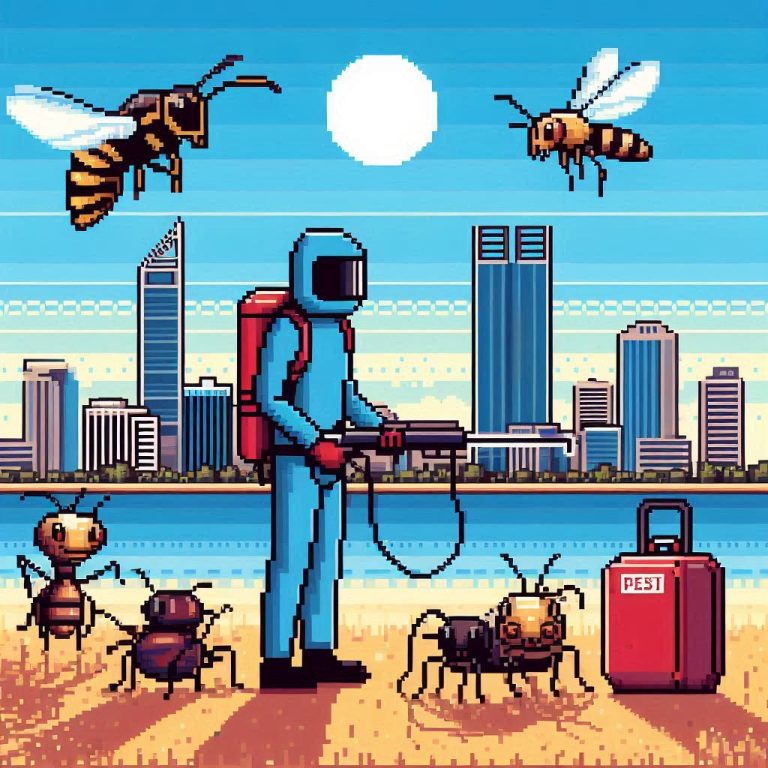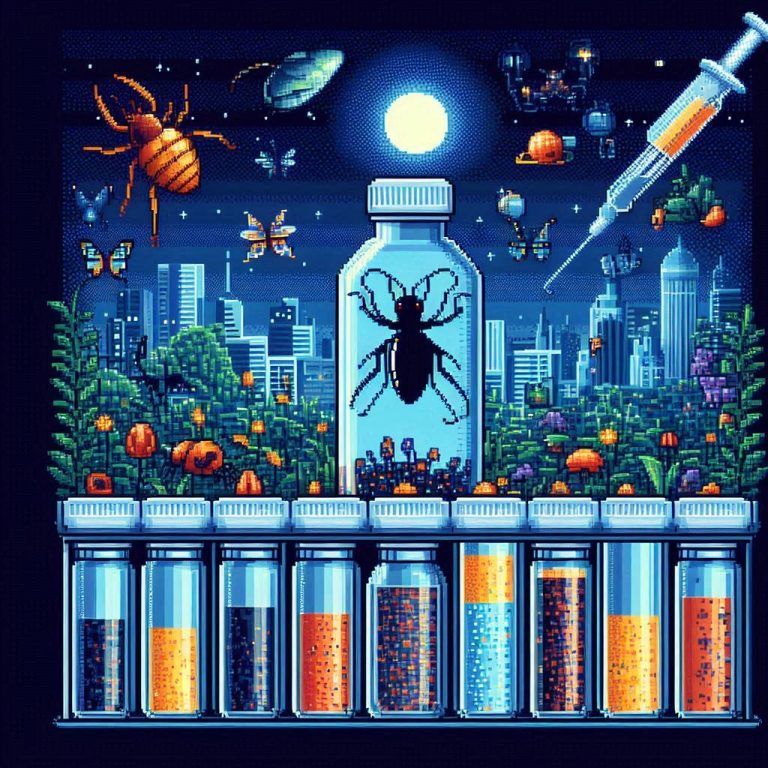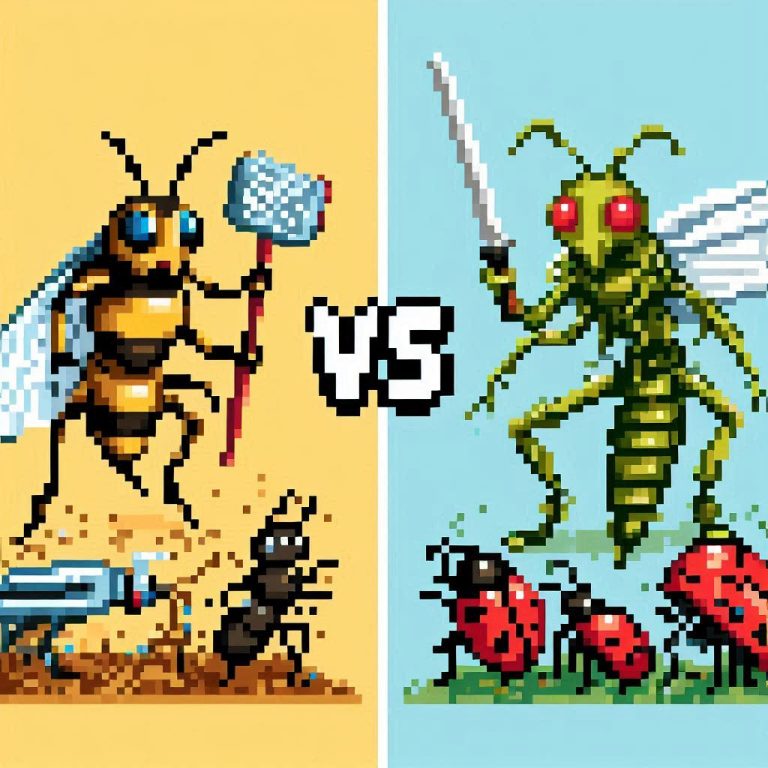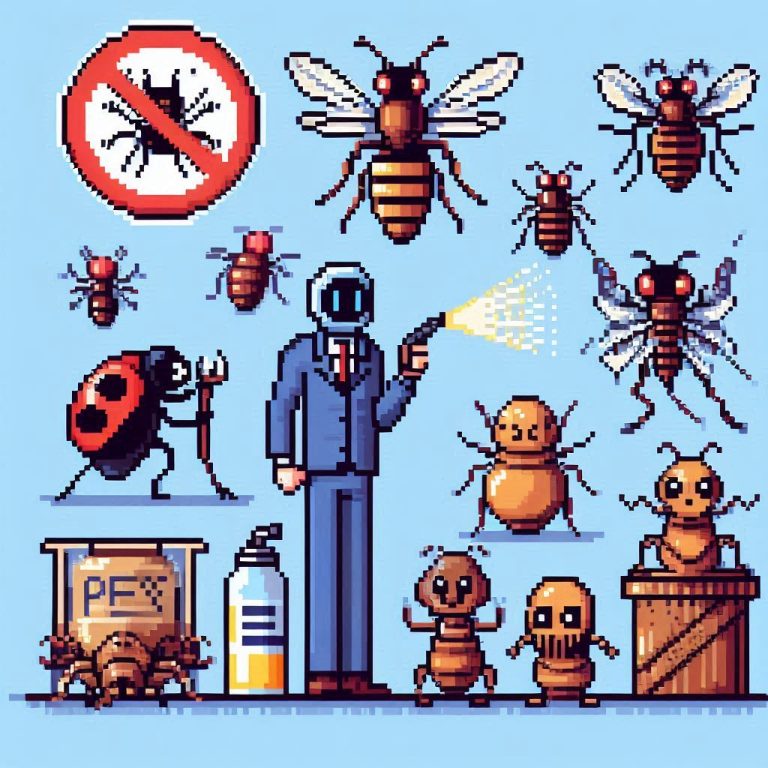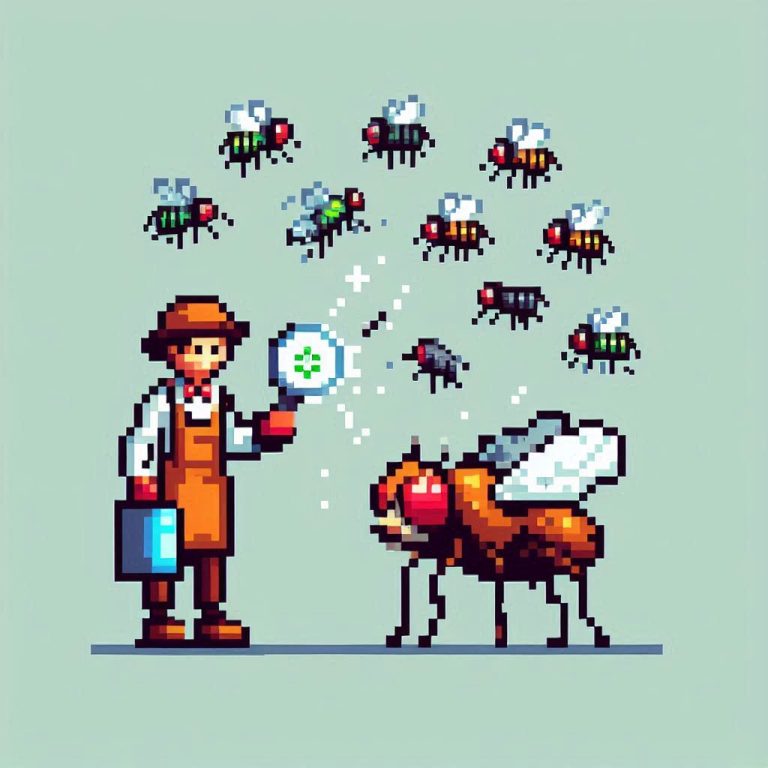When preparing for professional pest control treatment, proper cleaning is essential for maximizing effectiveness and ensuring safety. This comprehensive guide will help you understand when and how to clean for the best results.
Cleaning BEFORE Pest Control: Essential Preparation
Why Pre-Treatment Cleaning Is Critical
Professional exterminators consistently recommend thorough cleaning before treatment for several important reasons:
- Exposes pest hiding places – Removing clutter and cleaning hard-to-reach areas forces pests out of hiding, making them more likely to contact treatment products
- Improves product application – Clean surfaces allow pesticides to adhere properly and remain effective longer
- Reduces competing attractions – Eliminating food sources and waste ensures pests are drawn to baits rather than other resources
- Enables thorough inspection – Technicians can better identify infestation severity and target specific problem areas when spaces are clean
- Prevents treatment interference – Dust, dirt, and grime can neutralize certain pest control products, reducing their effectiveness
Pre-Treatment Cleaning Checklist
Kitchen
- Clear all countertops
- Clean inside and behind appliances
- Wash dishes and put them away
- Sweep and mop floors
- Clean inside cabinets, especially those containing food
- Wipe down cabinet exteriors to remove grease
- Empty trash and recycling bins
- Store food in airtight containers
Living Areas
- Declutter floors and surfaces
- Vacuum carpets, rugs, and upholstery
- Clean under furniture
- Remove items stored against walls
- Dust shelves and surfaces
- Organize storage areas
- Clean pet areas and food bowls
Bathrooms
- Clean and dry sink areas
- Scrub shower and tub
- Mop floors
- Check for and fix any leaking pipes
- Clean toilet areas thoroughly
Throughout Home
- Remove pet food dishes during treatment
- Cover fish tanks and turn off air pumps
- Store toothbrushes and personal items
- Remove children’s toys from floors
- Clear baseboards of dust and debris
Timing Your Pre-Treatment Cleaning
For optimal results, complete thorough cleaning 24-48 hours before scheduled pest control service. This provides enough time to properly prepare without allowing pests to reestablish themselves in cleaned areas.
What NOT To Do Before Treatment
- Don’t clean walls or baseboards with strong chemicals – This can create a barrier that prevents treatment products from adhering
- Don’t spray your own pesticides – DIY treatments can interfere with professional products or cause pests to scatter to untreated areas
- Don’t remove spider webs – These can help exterminators identify problem areas and spider species
- Don’t shampoo carpets immediately before treatment – Damp carpets reduce effectiveness of many dry treatments
After Pest Control: Smart Post-Treatment Practices
When to Resume Cleaning
Most pest control companies recommend the following waiting periods:
- General surface cleaning: Wait 24-48 hours
- Mopping floors: 3-5 days (except in cases of excessive product residue or with children/pets)
- Vacuuming carpets: 3-5 days minimum
- Wiping baseboards: 2-3 weeks (these are critical treatment areas)
Post-Treatment Cleaning Guidelines
First 24-48 Hours
- Minimal cleaning only if necessary
- Spot-clean food preparation surfaces with paper towels
- Avoid wet mopping or steam cleaning any surfaces
- Keep windows closed to maintain treatment effectiveness
After 48 Hours
- Begin light cleaning of non-treated surfaces
- Vacuum carpets away from baseboards
- Wipe down countertops and food prep areas
- Resume normal cleaning of untreated areas
After 1-2 Weeks
- Resume regular cleaning schedule
- Continue to avoid washing baseboards if possible
- Vacuum edges of carpets near walls carefully
- Clean under and behind furniture
Special Considerations
For Families with Children
- Clean food preparation surfaces before use
- Wipe down children’s toys before returning them to floors
- Consider using disposable wipes for cleaning during the first few days
For Pet Owners
- Clean pet food and water bowls before returning them
- Wipe down pet toys before making them accessible
- Monitor pets for any unusual behavior when returning to treated areas
Maintaining Long-Term Pest Control Success
Establish these ongoing cleaning habits to prevent future infestations:
- Weekly maintenance: Regular vacuuming, sweeping, and mopping
- Food management: Promptly clean spills and crumbs, store food in sealed containers
- Waste disposal: Empty indoor trash frequently, keep outdoor bins away from the house
- Moisture control: Fix leaks promptly, ensure proper drainage around home
- Decluttering routine: Regularly purge unnecessary items that create hiding places
Communicating with Your Pest Control Provider
Always discuss specific cleaning requirements with your pest control professional, as recommendations may vary based on:
- Type of pests being treated
- Specific products being used
- Severity of infestation
- Presence of children or pets
- Health considerations of household members
By following these guidelines and maintaining open communication with your pest control provider, you’ll maximize treatment effectiveness while ensuring the safety of everyone in your home.

